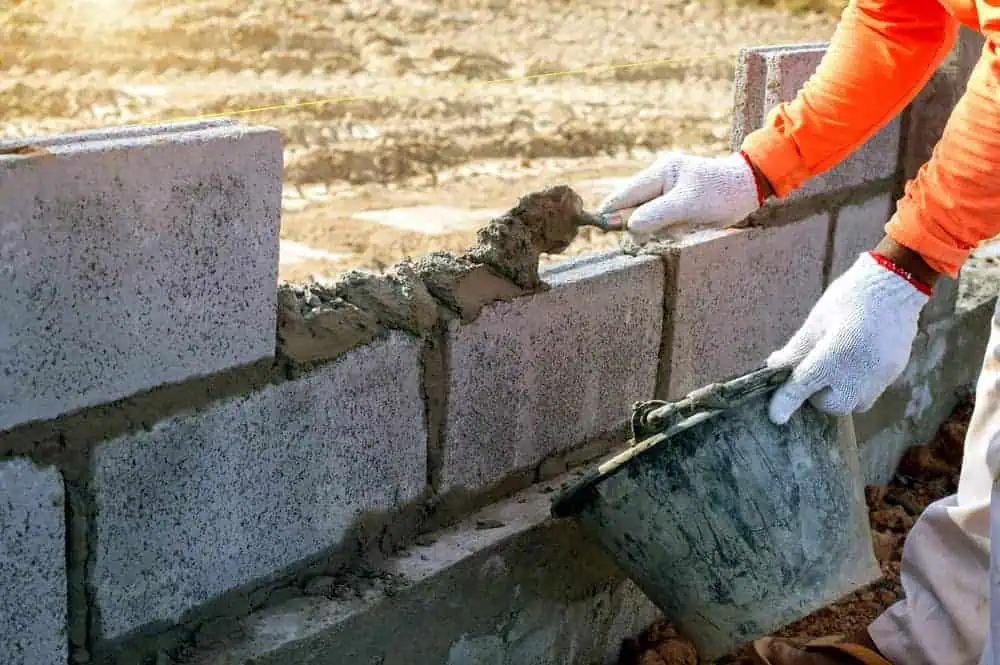Masonry Contractor in Cambridge, MA
Academy Masonry offers top quality masonry services in Cambridge, MA. Our expert team ensures durable and aesthetic solutions for all your commercial building needs.
Call Us Today: 508-501-3272

Masonry construction is known for its exceptional durability, making it an ideal choice for commercial buildings in Cambridge, MA. The materials used, such as brick, stone, and concrete, are highly resistant to wear and tear, ensuring that your building stands strong for many years.
Masonry offers excellent fire resistance, providing an added layer of safety for your commercial property. This is especially important in Middlesex County, where stringent building codes and safety regulations exist.
At Academy Masonry, we take pride in delivering masonry services that meet and exceed industry standards. Our skilled craftsmen use high-quality materials and advanced techniques to ensure your building is durable and aesthetically pleasing. Trust us to provide a solid foundation for your business in Cambridge, MA.
Our team has extensive experience delivering high-quality masonry services in Cambridge, MA.
Academy Masonry prioritizes customer satisfaction, ensuring each project meets our client's expectations.
We are committed to providing reliable masonry solutions supported by excellent customer service. Contact us at 617-388-5207 for more details.

Commercial buildings in Cambridge, MA greatly benefit from the aesthetic versatility of masonry construction. The diverse range of materials, such as brick, stone, and concrete, allows for unique and customized designs that match any architectural style. This flexibility means you can create a distinctive and visually appealing facade that sets your business apart.
Moreover, the craftsmanship involved in masonry work adds a touch of elegance and sophistication to your commercial property. Whether you aim for a classic, rustic, or modern look, the skilled team at Academy Masonry can help you achieve the desired aesthetic. Our expertise ensures that each project is executed with precision and an eye for detail, enhancing the overall appearance of your building in Cambridge, MA.
In addition to aesthetic benefits, the structural integrity provided by masonry materials contributes to a professional and robust image for your business. A well-constructed masonry building looks impressive and communicates a sense of stability and permanence to your clients and visitors. Trust Academy Masonry to deliver masonry solutions that elevate your commercial property in Middlesex County.

Choosing masonry construction for your commercial building in Cambridge, MA is a smart, cost-effective decision. The initial investment in quality masonry work pays off through the materials’ longevity and minimal maintenance requirements. Unlike other construction options that may need frequent repairs, masonry stands strong, offering significant savings over time.
Energy efficiency is another critical advantage of masonry construction. The natural thermal mass of masonry materials helps regulate indoor temperatures, reducing the need for excessive heating and cooling. This energy-saving property translates to lower utility bills, making it an economically sound choice for businesses. At Academy Masonry, we focus on building structures that last and help you save on operational costs.
Furthermore, masonry’s durability and resilience add to the overall value of your property. In areas like Middlesex County, where weather conditions can be unpredictable, a sturdy masonry building ensures your investment remains protected. Academy Masonry is dedicated to providing masonry services that combine durability, energy efficiency, and cost-effectiveness, making us the ideal partner for your construction needs in Cambridge, MA.
Cambridge is a city in Middlesex County, Massachusetts, in the United States. It is a suburb in the Greater Boston metropolitan area, located directly across the Charles River from Boston. The city’s population as of the 2020 U.S. census was 118,403, making it the most populous city in the county, the fourth-largest in Massachusetts, behind Boston, Worcester, and Springfield, and ninth-largest in New England. The city was named in honor of the University of Cambridge in Cambridge, England, which was an important center of the Puritan theology that was embraced by the town’s founders.